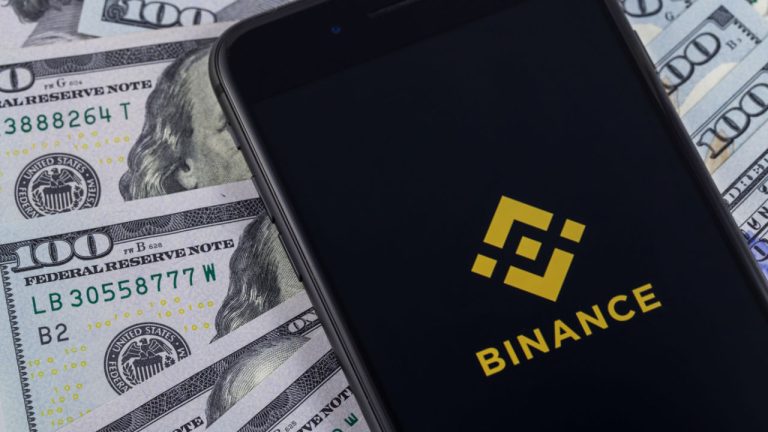
The U.S. subsidiary of the world’s largest crypto exchange, Binance, announced it has resolved the issues with U.S. dollar (USD) withdrawals. The trading platform, which recently averted an asset freeze sought by the United States Securities and Exchange Commission (SEC), informed customers, however, that withdrawal services are likely to be discontinued again.
Binance US May Convert Remaining USD Balances to USDT in the Future
The American unit of the leading global digital asset exchange announced it has worked with partners to resolve almost all delayed USD withdrawals. Binance US advised users to resubmit previously failed withdrawal requests and said most will be completed within five business days.
At the same time, the crypto trading platform explained that currently its systems remain fully operational but noted it expects its banking partners to discontinue the USD withdrawal service in the near future and suggested:
While we continue to pursue new partners to re-establish USD deposits and withdrawals, we encourage users to use, withdraw, or convert their USD fiat balances to stablecoins to continue crypto-to-crypto trading on the platform.
Binance US halted USD deposits and withdrawals earlier this month and asked customers to withdraw dollars by June 13, pointing out that the SEC’s legal action against it “has created challenges for the banks with whom we work.”
The regulator sued the operators of the American exchange, BAM Trading Services and BAM Management US Holdings, as well as Binance founder Changpeng Zhao (CZ), alleging they have been selling unregistered securities in violation of U.S. laws and mishandling user funds. Under a deal with the SEC, managed to avoid the freezing of its U.S. assets.
Binance US also announced it’s transitioning to a crypto-only trading platform. As part of the shift, any remaining USD balances in customer accounts may be converted to tether (USDT) at a future date, the company said, and revealed it will expand trading offerings with the dollar-pegged stablecoin while it will remove most USD trading pairs on June 26.
“Thereafter, USD Advanced Trading pairs will only be available for the following digital assets: BTC, ETH, ADA, BNB, LTC, MATIC, SOL, VET, USDC, and USDT,” the exchange detailed and urged traders to execute or cancel any open orders with the dollar before these pairs are removed.
Binance US also sought to reassure customers that their assets are safe and secure. The American coin trading platform took a hit from the SEC’s litigation and recent data showed that its share of the U.S. crypto exchange market has shrunk to just around 1.5%.
Do you think Binance US will secure new banking partnerships that will allow it to permanently restore USD deposits and withdrawals? Tell us in the comments section below.
from Bitcoin News https://ift.tt/BAyMaQE
Comments
Post a Comment